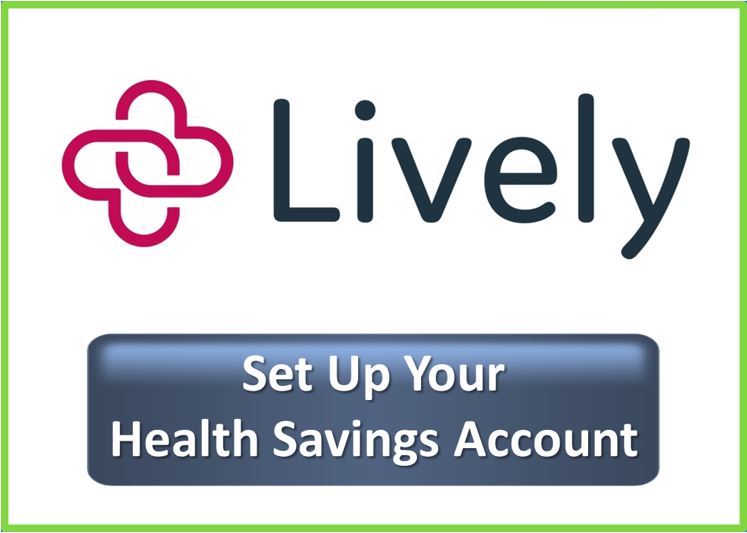COBRA was signed into law back in 1986 and requires companies with 20 or more employees to offer an opportunity for employees and their family members to continue their group health coverage when they lose that coverage for a variety of reasons.
One of the purposes of COBRA was to allow people with pre-existing medical conditions who wouldn’t qualify for coverage in the individual market to retain their current health plan, and that certainly made sense when insurance companies had the option of declining an applicant based on his or her health status. Now, though, all plans are “guaranteed issue,” which means the insurance company cannot decline an applicant or even charge a higher premium based on pre-existing conditions. So does that mean that COBRA is going away?
The answer is no. The health reform law, other than modifying the COBRA notices slightly, does not make any changes to the existing COBRA law. Employers subject to COBRA are still required to provide timely notices to their employees and are still required to offer continuing coverage.
However, we are seeing a change to the people who choose to sign up for COBRA continuation. In the past, it was generally people with pre-existing conditions who signed up for COBRA because that was often their only option; healthy people were able to purchase an individual health plan, often at a lower premium and chose not to sign up for COBRA. Now, everyone can purchase an individual health plan, so people who earn less than 400% of the Federal Poverty Level and qualify for a premium tax credit are likely to make that decision. So are younger individuals who would be able to purchase an individual plan at a lower rate than a group health plan. The people now who are more likely to sign up for COBRA are those who do not qualify for a premium tax credit and who are helped by the composite rates on a group health plan, generally those individuals who are older than the average group enrollee.
To learn more about your COBRA requirements, check out the Department of Labor’s COBRA page.








